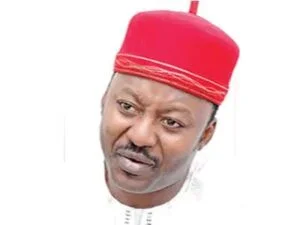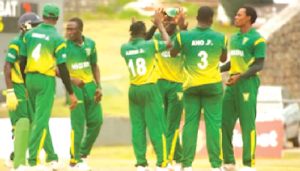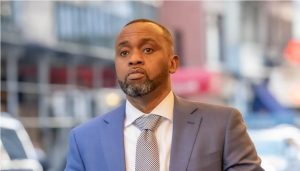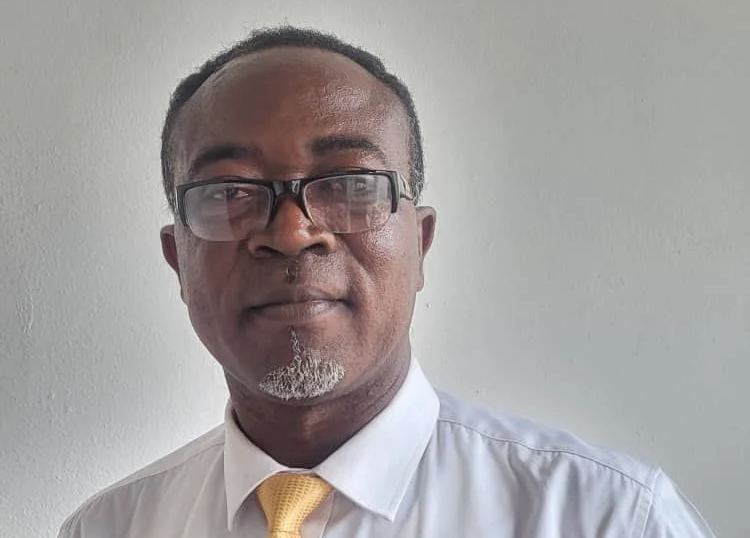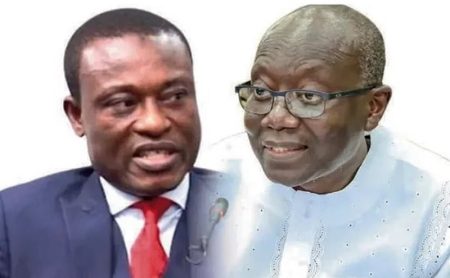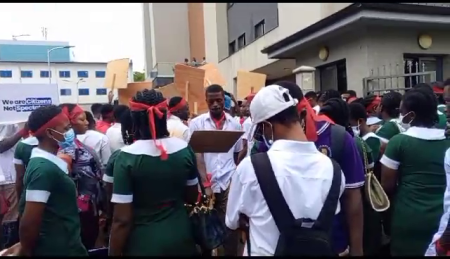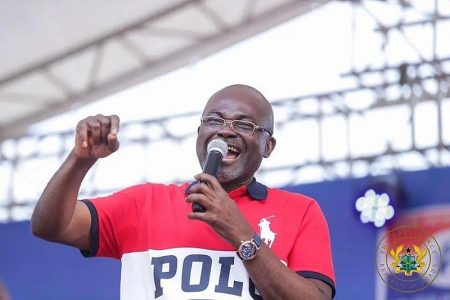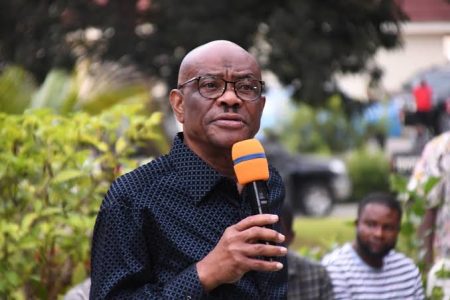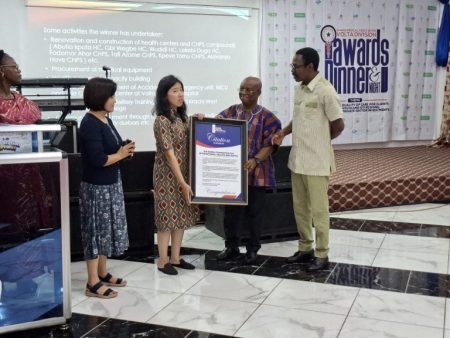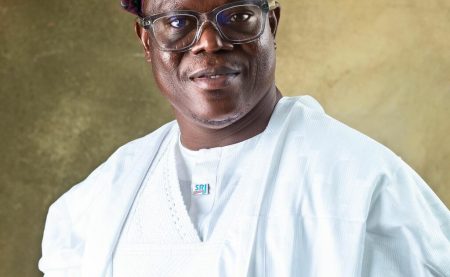Rev. George Opoku Acheampong, formerly a staunch supporter of Dr. Mahamudu Bawumia and National Organiser for Friends of Bawumia (FOB’08), has dramatically shifted his allegiance to Hon. Bryan Acheampong, the Member of Parliament for Abetifi, as the preferred candidate for the New Patriotic Party’s (NPP) presidential bid in 2028. This unexpected turn of events signals a potential realignment within the party as it grapples with the aftermath of its defeat in the 2024 elections. Acheampong’s decision, which he asserts is well-considered, reflects a growing sentiment within the NPP that a fresh perspective is needed to regain power.
Acheampong’s endorsement of Acheampong hinges on the belief that the Abetifi MP brings “fresh innovations and ideas” crucial for revitalizing the party. He argues that the NPP’s current state necessitates a leader capable of winning back the electorate, a quality he sees embodied in Bryan Acheampong. This implies a subtle critique of Bawumia’s leadership, suggesting that while he possesses admirable qualities, his association with figures from the previous administration might hinder the party’s ability to move forward and resonate with the Ghanaian public. Acheampong’s emphasis on “new innovations” suggests a desire for a departure from the strategies and approaches that led to the NPP’s recent electoral setback.
While acknowledging Dr. Bawumia as a “fine gentleman,” Acheampong highlights a critical concern: the continued presence of individuals around Bawumia who, in his view, contributed to the 2024 election loss. This observation points to a potential internal struggle within the NPP, where some members may feel that a change in leadership is necessary to break away from perceived past mistakes and present a renewed image to the electorate. The argument reveals a belief that clinging to the same advisors and strategies could perpetuate the conditions that led to defeat, impeding the party’s ability to regain public trust and support.
Furthermore, Acheampong contends that the NPP requires a “new face” to enhance its appeal to Ghanaians, suggesting that the party’s image may have become stale or associated with negative perceptions. He positions Bryan Acheampong as the embodiment of this much-needed change, presenting him as a figure who can revitalize the party’s image and attract new voters. This implies a recognition that the political landscape is constantly evolving and that parties must adapt to maintain their relevance and resonate with the changing needs and aspirations of the electorate. The call for a “new face” also indicates a desire for a leader who can connect with younger voters and inspire a sense of optimism and renewal within the party ranks.
Acheampong’s shift in support is not merely a personal decision; it signifies a broader dynamic within the NPP. His assumption of the role of National President for “Friends of Bryan Acheampong” (FOBA) and his pursuit of the Eastern Regional Organiser position within the NPP suggest a concerted effort to mobilize support for Acheampong within the party structure. This indicates a potential groundswell of support for Acheampong and a desire for new leadership within certain segments of the party. It also highlights the importance of regional organizing in Ghanaian politics and the role of influential figures like Acheampong in shaping the direction of party politics.
In essence, Rev. George Opoku Acheampong’s public endorsement of Bryan Acheampong represents more than a simple change of heart. It reflects a deeper current within the NPP, a desire for renewal, and a strategic calculation regarding the party’s future. It suggests that the NPP is undergoing a period of introspection and reassessment following its electoral defeat, with some members advocating for new leadership and a fresh approach to regain power in 2028. Acheampong’s actions indicate a willingness to actively campaign for his chosen candidate and suggest the potential for a contested leadership landscape within the NPP in the coming years. His argument centers on the need for innovation, a break from the past, and a leader who can re-engage the Ghanaian public and lead the party back to victory.


